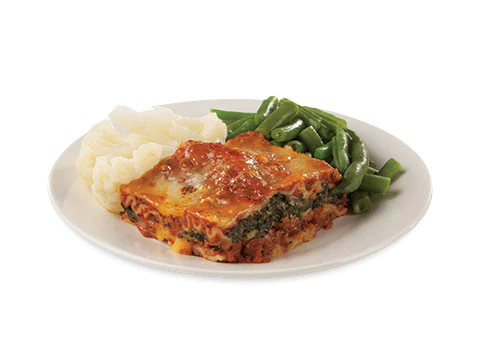Blog
Remembering Fake Memories
I thought this had to be an impossible contradiction.
I’m reading ’Why We Remember’ by Charan Ranganath. Fascinating stuff, even if I don’t quite understand it all.
Here’s a tidbit.
In 1906, Richard Ivens confessed to a brutal murder. Victim, Elizabeth Hollister, had been strangled by a copper wire. Her body was found 4 blocks from her home on a trash heap. Richard discovered the body and reported it to the police.
Even with no criminal record or history of violent behaviour and no evidence that tied him to the murder, he became the prime suspect. After hours of a grilling interrogation, to the crime. police repeatedly tried to get him to confess. Eventually, he broke down and confessed – twice. The first confession was short and full of holes. Shortly after, his written statement was full of details, still riddled with inconsistencies.
Upon further questioning by other investigators, his story was consistent with his written statement.
During the trial, others came forward with credible alibis for Richard. Also, a noted pioneer at the time in inaccuracies of human memory reviewed the situation and wrote that the confession was “exactly like the involuntary elaboration of a suggestion put into his mind.”
The prosecutor even acknowledged that the timeline given by Richard indicated he couldn’t be the murderer. Richard made a late statement of innocence. There were extensive arguments about his innocence and similar declarations by prominent psychologists.
He was found guilty after a jury deliberation of 30 minutes.
Richard Ivens was hanged a month later.
The author pondered aloud with his words on the page. “How could someone remember committing a crime if they did not commit it?”
Please understand that I’m shortening a 200-page book into a few hundred words. I’m leaving out many details of the science of remembering.
Here’s my quick summary: “Every time we recall an experience, what we remember is suffused with the residue of the last time we remembered it.”
Remember the words of the police inspector during his first meeting with Richard, “You did this.” Many of the details of the murder, true or imagined by the investigating officers, were shoved into Richard’s thoughts. At one point, one of the detectives brandished a gun.
What role did fear, stress, hunger, and bathroom breaks play in Richard’s thought processes?
Please give this a bit of a think. The research indicates an increase in recall of fake memories as we age. We’ve told many of our stories to different people and often to the same folks. I think some of my vivid memories have changed over time. Some of the current details don’t stand up to scrutiny, especially when compared to the recollections of others who were there. Those folks are also recalling fake memories.
Most of the time, the recall does nothing but make the stories more detailed and interesting. A person’s life does not rest on accurate recall.
How do you think you are doing with your personal stories you tell with friends and relatives? Do they recall the same experience the way you remember it?
I am curious about your thoughts. Please comment below with your bit of a think.
Photo by Rolands Zilvinskis on Unsplash
If you enjoyed The Blog, please share it with others. Thanks.
And my thanks to St. Albert’s 50+ Activity Centre for making this Blog possible.












Test